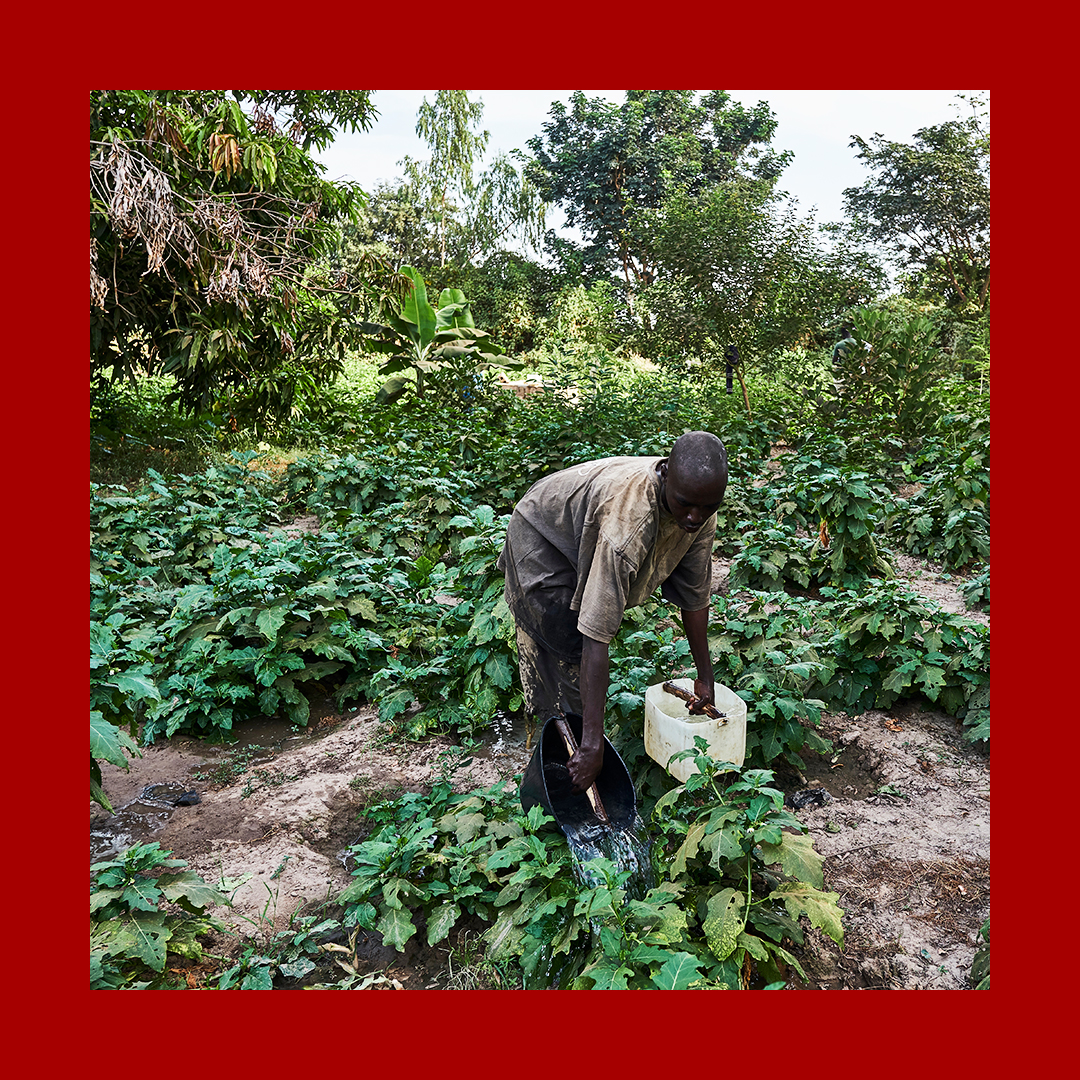Ecological Footprint
/ēkəˈläjiklˈfo͝otprint/ noun
December 27, 2019
Definition: 1.The impact a person, community or economy has on the environment. 2. A measure of sustainability and human demand on nature; expressed as the amount of biologically productive land and sea required to sustain all human activities.
Not to be confused with carbon footprint, which specifically measures gas emissions and its effect on climate change; ecological footprint measures how much land and sea area is needed to support everything humans do - how we travel, shop, eat and even how we grow our food!
In the Forest Garden: All Forest Garden projects are developed with an emphasis on sustainability at both the farm and landscape levels. At the farm level, the Forest Garden is environmentally sustainable because it contains many trees solely dedicated toward serving ecosystem purposes.
The Forest Garden design also considers integrated pest management, using trees and vegetation to serve as barriers for pests and sources for natural pesticides. At the landscape level, Forest Gardens are essential tools for reducing pressure on forests and reducing the use of harmful chemicals used in monoculture farming systems.
How do we grow Forest Gardens in sub-Saharan Africa?
The first step is to stabilize and protect the field with fast growing trees. Thorny trees, such as the Acacia nilotica, to form a protective wall. Then rows of fast-growing, nitrogen-fixing trees are planted across the field to stop soil erosion and revitalize tired soils.
Then farmers learn to produce and market a wide variety of fruit trees, vegetables and hardwoods — such as oranges, cashews, avocados, mangoes, guavas, moringa, pepper, lettuce, mahogany, baobab and Gmelina — for consumption and sale

 United States
United States
Comments